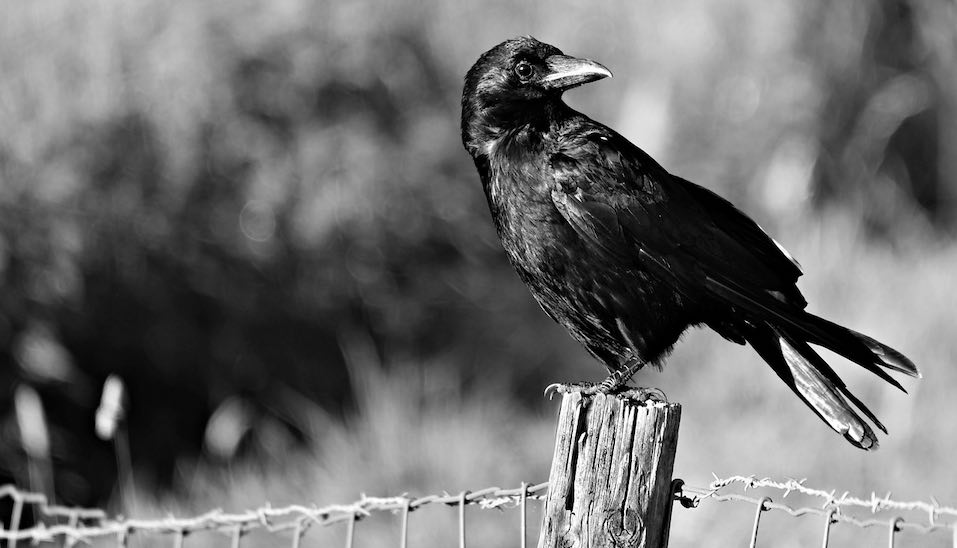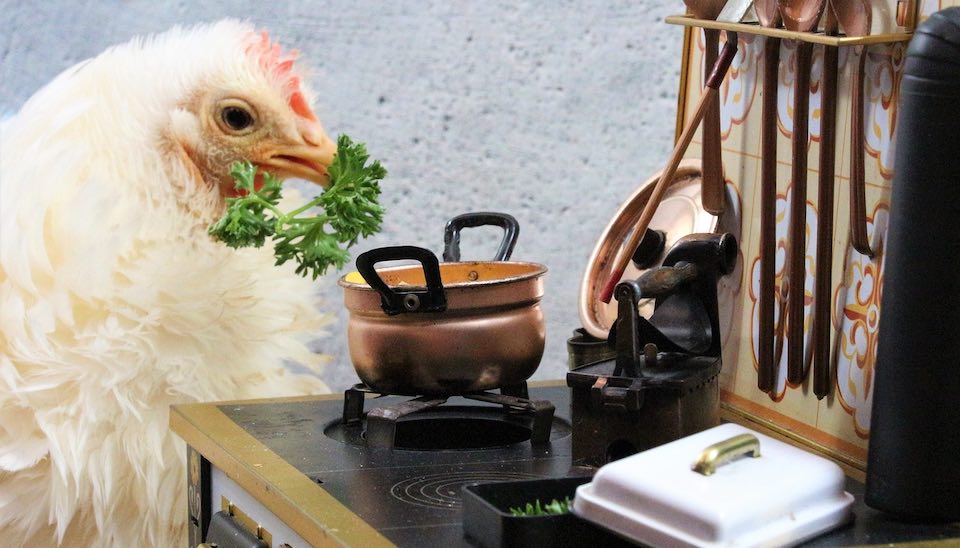How to treat pecking sores
It can be quite confronting when you see your hen injured with a wound, particularly if it is the first injury. Keep calm and take the steps below to ensure a quick recovery.
How to treat a chicken with a pecking sore
It is important to separate the injured bird from the other birds while she heals.
Swab the wound with a clean towel or soft gauze until bleeding stops. If you are finding it difficult to stop the bleeding, cornstarch can also help the bleeding to stop quickly.
Spray the wound with Vetericyn Plus Poultry Care. This easy-to-use spray will clean the wound and aid in effective healing, discouraging infections by killing bacteria. Apply four times a day to keep the site clean.
If the wound is near hen's eye or ear, apply the liquid with a dropper.
Reintegrate the hen back with the other chickens once the wound has healed. Keep on eye on the flock behaviours.
Keep Vetericyn Plus on hand for any future wounds
How do Chickens get wounds?
- Chickens pecking each other
- Feather picking
- Injuries
- Aggressive roosters
Chickens love to peck their food, and they don't even mind pecking at each other. This behaviour is mostly normal, it is a form of communication which also establishes a hierarchy amongst the hens. It is normal unless the pecking becomes aggressive. The chicken behaviours may even come down to the breed types with some breeds being more aggressive and other being a naturally a passive breed.
When a hen is moulting feathers, the bare skin is more susceptible to wounds. Chicken skin is thin and is easily prone to tears and bleeding. If this bare skin is pecked, you will notice feather loss around the wound and bleeding/blood. Open wounds on chickens are prone to infection, so it is vital to identify an injury quickly and apply treatment effectively.
What about picking feathers?
Sometimes hens will attack other hens by vigorously pulling out their feathers. Not only is this painful for the chicken, but it is also a behaviour pattern that rarely resolves itself. In fact, the exposure of blood can send the chickens into a frenzy which may end in cannibalism.
Feather pecking is also common in ducks, pheasants and turkeys, not just in chickens.
It is important to treat the wounds immediately and to address the behaviour within the flock.





